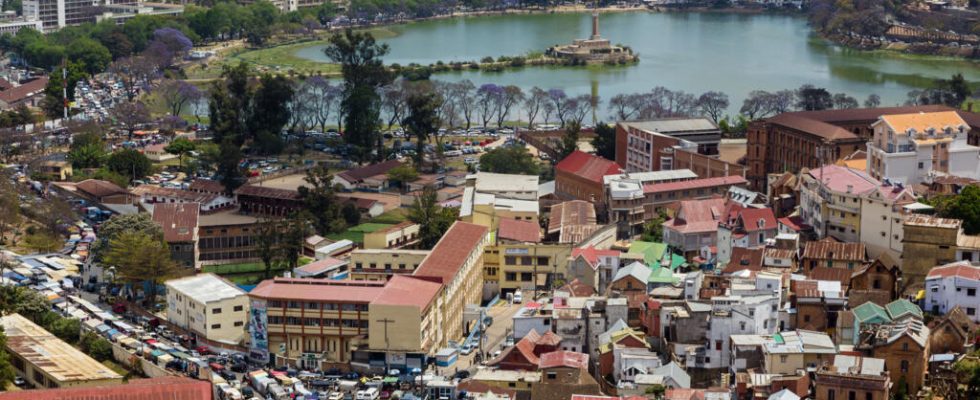It has not yet been promulgated, but continues to create controversy. At the beginning of February, the Malagasy Parliament adopted a law providing for a castration sentence for people convicted of raping minors. The next day, Amnesty International asked the authorities in Antananarivo to reconsider the text which the NGO considers contrary to human rights. Monday February 26, during a press conference, it was the turn of the European Union delegation in the country to clarify its position and express reservations.
2 mins
With our correspondent in Antananarivo, Pauline Le Troquier
“ I don’t believe that castration […] is a deterrent solution for rapists », says Isabelle Delattre-Burger. It is first of all the effectiveness of such a sanction, established as a shock measure in the fight against rape, that the European Union ambassador to Madagascar calls into question.
In the country, most rape cases are resolved through material compensation within the community. As a result, the vast majority of cases escape justice and the attackers escape any conviction.
Another reservation put forward: for the delegation of the European Union in Madagascar, the Malagasy government respects neither its international commitments nor its own Constitution. Article 8 of the supreme law transposes the country’s accession to the United Nations Convention against Torture and Other Cruel, Inhuman or Degrading Treatment or Punishment, ratified in 2005.
However, castration is indeed an act of “mutilation”, points out another diplomatic source in Madagascar. What is shocking, this source continues, is to impose it as a sanction, whereas in other countries, castration – whether chemical or surgical – is proposed as a therapeutic solution to people convicted of rape. .
For its part, the Malagasy High Constitutional Court declared on Friday February 23 that the only surgical castration complies with the law, thus rejecting chemical castration. But the Court set certain conditions: that the terms of the operation be specified by the government and that it does not result in “ no acute pain or suffering, physical or moral “.
Read alsoIn Madagascar, a novel aims to make “the voices of victims” of sexual violence heard
